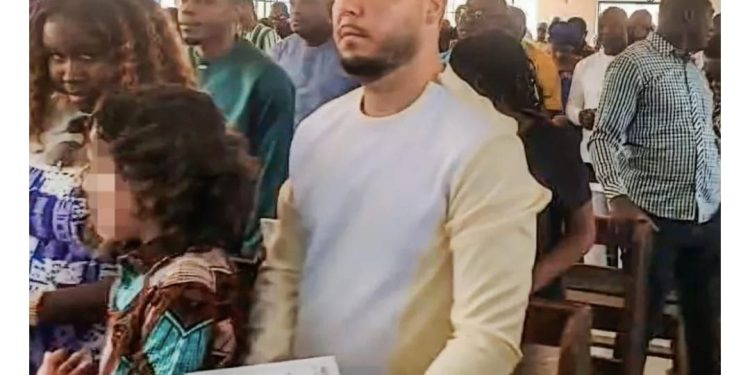By Albert David
The troubling silence of the Sierra Leonean government in response to the Dutch extradition request for Jos Leijdekkers alias Omar Sheriff, Europe’s most wanted cocaine trafficker, continues to ignite a storm of international concern, ethical outrage, and constitutional alarm. Jos Leijdekkers, convicted in absentia for smuggling over seven tonnes of cocaine, is not hiding in the shadows. He is thriving in Sierra Leone, mingling with senior officials, attending church services with President Julius Maada Bio, and celebrating birthdays with the country’s top brass and night-clubing.
This is not just disturbing, it is devastating. Sierra Leone, a nation still rebuilding its democratic institutions, now risks being branded as a sanctuary for millionaire drug fugitives. The implications are profound: a compromised justice system, undermined national security, and a catastrophic loss of international credibility.
The Dutch government, alarmed by the lack of cooperation, dispatched a justice ministry delegation to Freetown. Their mission: to demand the extradition of Leijdekkers. Yet, the Sierra Leonean government remains silent. Extremely less public statement. No legal action. No accountability.
Even more troubling is the treatment of Sophie, a Dutch journalist who attempted to investigate Leijdekkers’ whereabouts lifestyle in the country. She was swiftly arrested, detained, and expelled from the country, a move that reeks of press suppression and state paranoia. What is the government hiding? Why is a convicted drug kingpin allowed to roam freely, while journalists are punished for seeking the truth?
The optics are damning. Leijdekkers has allegedly fathered a child with President Bio’s daughter, Agnes Bio. He is seen farming with the President, clubbing with the former Chief of Immigration-now head of the national anti-drug agency, and distributing lavish gifts to government officials. These are not coincidences. They are symptoms of systemic complicity.
Even Sierra Leone’s diplomatic corps is tainted. The former Ambassador to Guinea, Alimamy Bangura, has been implicated in cocaine trafficking networks, further eroding trust in the country’s foreign service.
Meanwhile, President Bio continues to trumpet a selective “war on Kush”, a synthetic drug ravaging youth across West Africa, while remaining conspicuously silent on cocaine. This selective framing is not just misleading. It is intellectually dishonest, strategically manipulative, and ethically indefensible.
A genuine war on drugs must be comprehensive, transparent, and uncompromising. It must target all forms of narcotics, not just politically convenient ones. Shielding cocaine traffickers while scapegoating Kush users is a betrayal of justice, a mockery of governance, and a threat to regional stability.
Sierra Leone must respect international law. It must cooperate with extradition requests. It must protect journalists, not punish them. And above all, it must refuse to become a haven for fugitives whose wealth and influence threaten the very soul of the nation.
The world is watching. The time for silence is over. The time for radical accountability has come.











